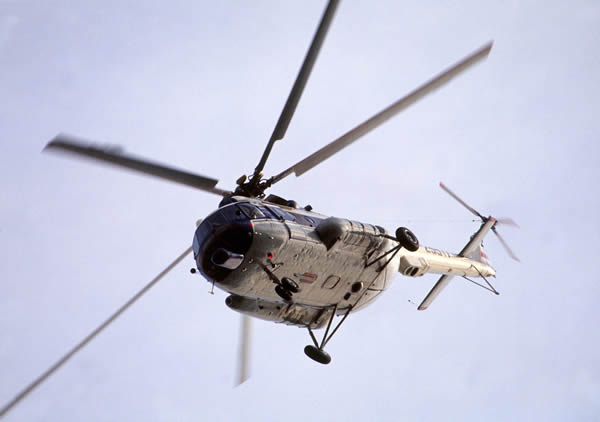Recently, 17 Senators expressed a concern over U.S. government trade ties to Rosoboronexport, a leading Russian arms exporter that supplies weapons to the defiant Bashar al-Assad regime in Syria. On March 12, the Senators addressed a letter to Secretary of Defense Leon Panetta stating that “Russia remains the top supplier of weapons to Syria, selling reportedly $1 billion or more worth of arms to Syria in 2011 alone.” These weapons are used to slaughter civilians opposing the regime of President Bashar al-Assad.
Russian supplies range from ammunitions, sniper rifles, 240mm F-864 high explosive mortars to the most recent deal to sell Syria 36 combat jets. However, Syria is not the only country with trade ties to Rosoboronexport—the U.S. government is currently buying 21 dual-use Mi-17 helicopters for the Afghan military. This contract is potentially totaling more than $1 billion.
Assad will almost certainly use the Russian materials to slaughter anti-regime civilians and Sunni militants who battle his minority Alawite regime. The American lawmakers believe it is possible to use a different Russian contractor for the helicopters, as the U.S. Navy already did with its purchase of four Mi-17s. According to the Senators, “Continuing this robust business relationship with Rosoboronexport would undermine U.S. policy on Syria and undermine U.S. efforts to stand with the Syrian people.”
U.S. and Russian disagreements over Syria are deeper than procuring helicopters from Rosoboronexport. Russia refuses to support a U.S.-led United Nations Security Council resolution that would condemn the Assad regime and authorize international aid to the rebels.
Syria, where Russia has its only Mediterranean naval bases in Tartus and Latakiyehm, is only a pretext for the broad geopolitical competition in which Russia is engaging with the United States. Moscow wants to deny the U.S. and its European and Sunni Arab allies the ability to call the shots in the Middle East—a typical power game.




























